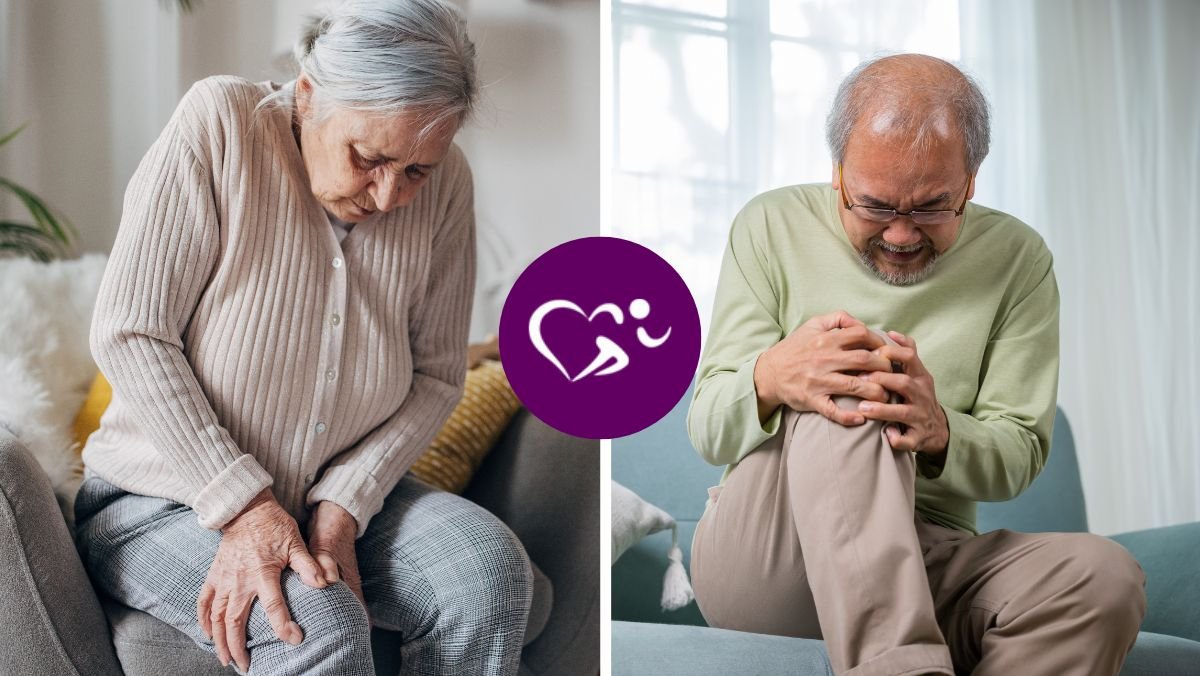Introduction

What is Knee Effusion?
Causes of Knee Effusion
- Trauma: Any injury to the knee, whether from a fall, accident, or sports activity, can lead to fluid buildup.
- Infection: Septic arthritis or other infections can trigger an inflammatory response, resulting in knee effusion.
- Rheumatoid Arthritis: This autoimmune disease causes inflammation in the joints, often leading to chronic knee effusion.
- Osteoarthritis: Over time, the wear and tear of the knee joint can lead to fluid accumulation.
- Gout: This condition, characterized by uric acid buildup, can result in fluid in the knee joint.
Symptoms of Knee Effusion
- Swelling and puffiness around the knee
- Pain or tenderness, especially during movement
- Stiffness or inability to fully extend or bend the knee
- Warmth or redness around the affected area
- Difficulty walking or bearing weight on the knee
Diagnosis and Treatment Options
Diagnosing Knee Effusion
In Chennai Kinesis, healthcare providers perform a physical examination and may recommend imaging tests such as X-rays or MRIs to assess the cause of knee effusion. Fluid samples may also be collected for analysis in cases of suspected infection or gout.
Draining the Fluid (Aspiration)
One of the first steps in knee effusion treatment is aspiration, where a doctor drains the fluid from the knee using a needle. While this provides immediate relief, the fluid may return if the underlying condition remains untreated.
Addressing the Underlying Cause
- For trauma-related effusion, physical therapy or surgery might be needed to repair damaged ligaments or cartilage.
- For infections, antibiotics or other medications can help control the inflammation.
- For arthritis, medications and lifestyle changes (such as weight management and low-impact exercises) are recommended.
- For gout, managing uric acid levels through diet and medication is crucial.
Long-Term Knee Health
Preventing Recurring Knee Effusion
- Maintain a Healthy Weight: Excess body weight puts additional strain on the knee joints.
- Strengthen the Knee Muscles: Physical therapy or exercises aimed at strengthening the muscles around the knee can help stabilize the joint and prevent injury.
- Use Knee Braces: For those with chronic conditions like arthritis, using knee braces can provide additional support.
- Manage Inflammatory Conditions: If the effusion is caused by rheumatoid arthritis or gout, managing these conditions through medication and lifestyle changes is essential for long-term relief.
Conclusion
Knee effusion is a manageable condition when the right treatment plan is in place. In Chennai, addressing the root causes—whether it be trauma, infection, or arthritis—is key to long-term recovery. Seeking proper knee effusion treatment in Chennai from a qualified healthcare provider ensures that not only is the fluid drained, but the underlying condition is properly managed, helping to prevent future issues.
For more insights and tips on managing knee effusion, check out our latest Instagram reel.
If you’re experiencing knee pain and need expert advice, feel free to contact us to schedule a consultation today!



